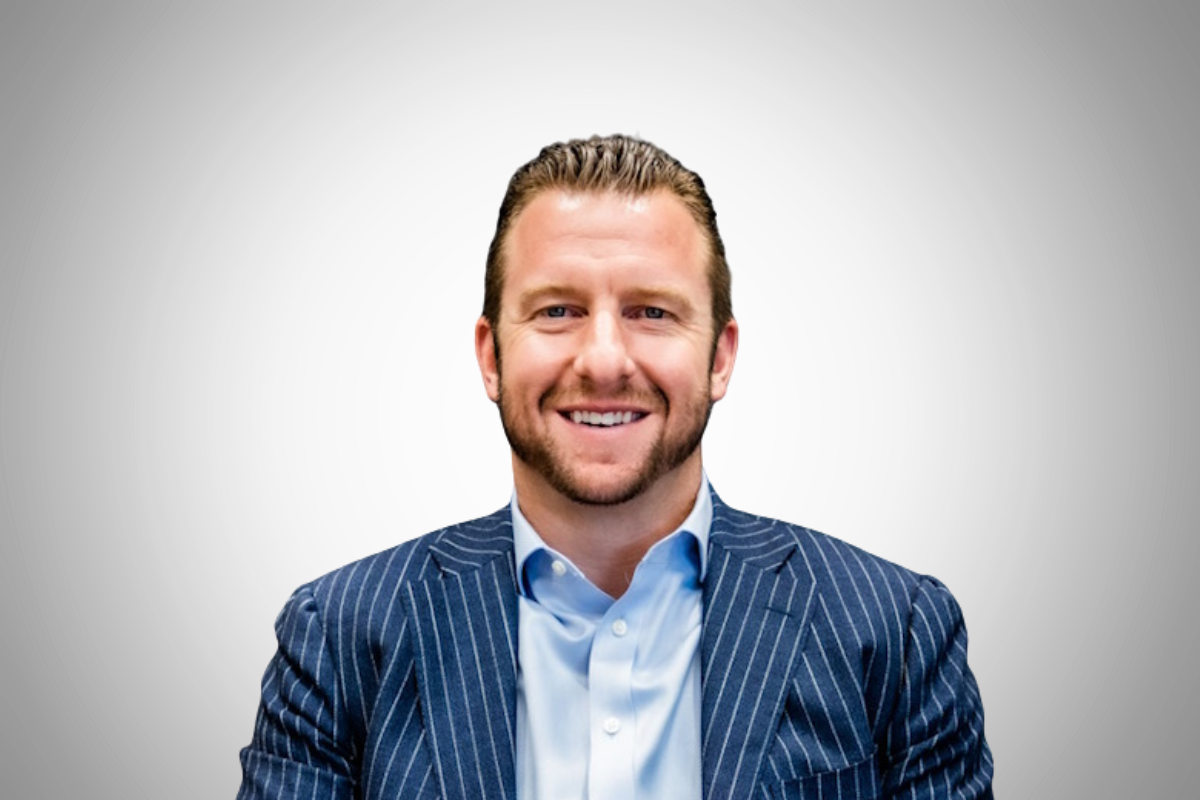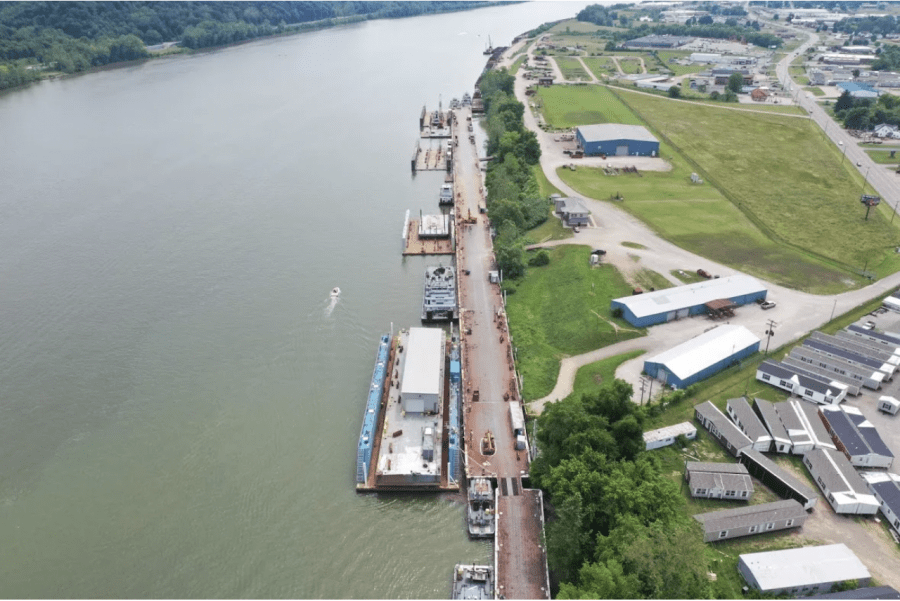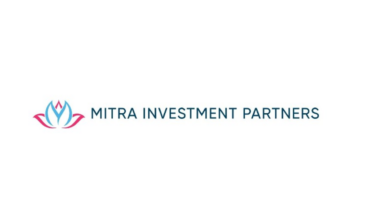“You have to survive to thrive,” says Tauheed Siddiqui, CEO of TAAS Investments, summarizing his methodical approach to real estate investing that has helped his firm weather mar...
Nick Schlekeway's Blueprint for Building a Billion-Dollar Brokerage




“We don’t sell houses—we sell community,” says Nick Schlekeway, Founder and Designated Broker of Amherst Madison, a brokerage that has grown from $14 million in sales its first year to $1.35 billion in 2024.
This powerful insight has guided Schlekeway’s remarkable journey from firefighter to the leader of one of America’s fastest-growing brokerages, recently ranked 226th nationally for sales volume by Real Trends.
From Firefighter to Real Estate Visionary
Like many successful real estate professionals, Schlekeway didn’t grow up dreaming of selling homes. “Real estate’s a unique industry that way,” he explains. “People don’t necessarily lay in bed at night as a kid, 10 years old, staring up at the ceiling and go, ‘I just want to be in real estate someday.'”
Instead, Schlekeway got his license in 2010 at age 25 while working as a full-time firefighter with the City of Boise. His initial motivation was practical: gaining insider access to the MLS for his own investment properties.
What began as a side interest quickly evolved into a passion. “I fell in love with the creativity of client service and problem solving, building and crafting customer service experiences for clients and marketing,” he says. Despite entering during a challenging market where the average sales price was just $95,000 and 75% of transactions were distressed properties, he sold 26-27 houses in his first 18 months.
The Critical Distinction: Self-Employed vs. Business Owner
For Schlekeway, the transition from successful agent to brokerage owner came naturally, influenced by his upbringing in a self-employed environment where his father worked as a general contractor.
This background led him to recognize a crucial distinction that would define his career path: “Being a solo agent and independent contractor who sells—you’re self-employed, but you don’t own a business,” Schlekeway emphasizes. “When you’re self-employed, you work for you. When you own a business, other people work for you, and they are very, very different beasts.”
This realization set him on the path to building Amherst Madison, which now boasts 170 teammates and continues to grow rapidly.
Community as Strategic Advantage


What sets Amherst Madison apart is its deep integration with the local community. For Schlekeway, this isn’t just about corporate social responsibility—it’s a strategic business decision.
“Part of the secret sauce is to bring people into your organization that care about the community, that are integrated in the community, that give back to it, either in time or treasure,” he explains. “And guess what? Those also just happen to be the agents who sell most of the real estate, which is not an accident.”
This community focus led to the creation of the Giving Circle, a 501(c)(3) nonprofit that has supported numerous local initiatives, from helping businesses shuttered during COVID lockdowns to partnering with veterans’ organizations and Make-A-Wish Idaho, where Schlekeway served on the board of directors.
Looking ahead, Schlekeway plans to refocus the Giving Circle on housing affordability initiatives—a growing concern in Boise’s rapidly appreciating market. “This massive generational impact that’s been created in our country, of people that can’t get into housing or an ownership position, that’s something I’ve become keenly aware of and passionate about,” he says.
Riding the Boise Boom
Boise’s real estate market has experienced dramatic changes in recent years, particularly during and after the pandemic. The COVID-19 crisis accelerated migration trends that were already underway, creating what Schlekeway describes as “market whiplash.”
“It was like, dead stop, nothing. We’re all going to be fired, nobody’s gonna have a job. Nothing is selling. The whole market’s frozen for a few months. Then it was just this avalanche of sales and activity.”
This surge drove prices up dramatically—”30-40% in like a two-year period”—with median prices jumping from the high $300,000s to the low $500,000s almost overnight.
Reinventing Real Estate Education
Recognizing a critical gap in the industry, Schlekeway is developing “The Essential Agent” and “Essential Agent University,” a training system based on the proprietary methods that have driven Amherst Madison’s success.
“If there’s one criticism I’d make about our industry, it’s that it’s antiquated in terms of books, knowledge, training systems,” he says. “So much of it is based on a sales methodology that’s two decades old. It’s pretty wild, actually, how long it’s been since somebody has taken a fresh look at how to be successful as an independent contractor agent.”
Two key principles of his approach stand out:
- Quality over quantity: “The number one cost any business owner has is turnover in terms of time, cost in terms of money. But the established real estate community seems to want to ignore that time-tested business philosophy,” Schlekeway observes. “For whatever reason, our industry seems to have gone all in on this quantity over quality model that, in my opinion, is fundamentally flawed.”
- Building systems that scale: “Teaching them how to build systems that can scale, that they can pull themselves out of at some point and they still continue, and they can insert somebody else into them. Because if you can’t do that, then you don’t have a saleable business,” he explains.
Schlekeway also emphasizes the need for sales methodologies that integrate modern technology platforms—something missing from many of the industry’s standard training resources, which were written “when the internet was two years old.”
The Schlekeway Success Formula
As Schlekeway looks to the future, he sees an industry continuing to evolve at a rapid pace. For agents and brokers looking to thrive in this environment, he offers a simple but powerful insight: “A good business owner surrounds themselves with people that are good at what they suck at. It’s a simple concept. It’s easy to throw out there, very difficult to do, and time-consuming.”
This philosophy—focusing on community, embracing technology, prioritizing quality over quantity, and building scalable systems—has propelled Amherst Madison from a fledgling brokerage to a billion-dollar operation in just over a decade.
As the real estate industry continues to evolve, Schlekeway’s blueprint offers valuable lessons for agents and brokers nationwide seeking to build businesses that can weather market shifts and create lasting value.
Similar Articles
Explore similar articles from Our Team of Experts.


In the competitive world of real estate investment, Mitra Investment Partners has emerged as a distinctive player by blending innovative deal-making with a tech-forward approach to asset man...


If you have your sights set on foreclosures in Florida, there’s good news; Florida has one of the highest foreclosure rates in the United States. More specifically, one in every 2,632 hous...


Being a real estate investor comes with a slew of challenges that often require a lot of your time and attention. That’s why investors often choose to outsource the management of the...


“San Francisco appears have bounced off the bottom and is starting to come back,” says Brad Lagomarsino, Vice Chair of Multi-Family Investments at Colliers in San Francisco. Afte...



